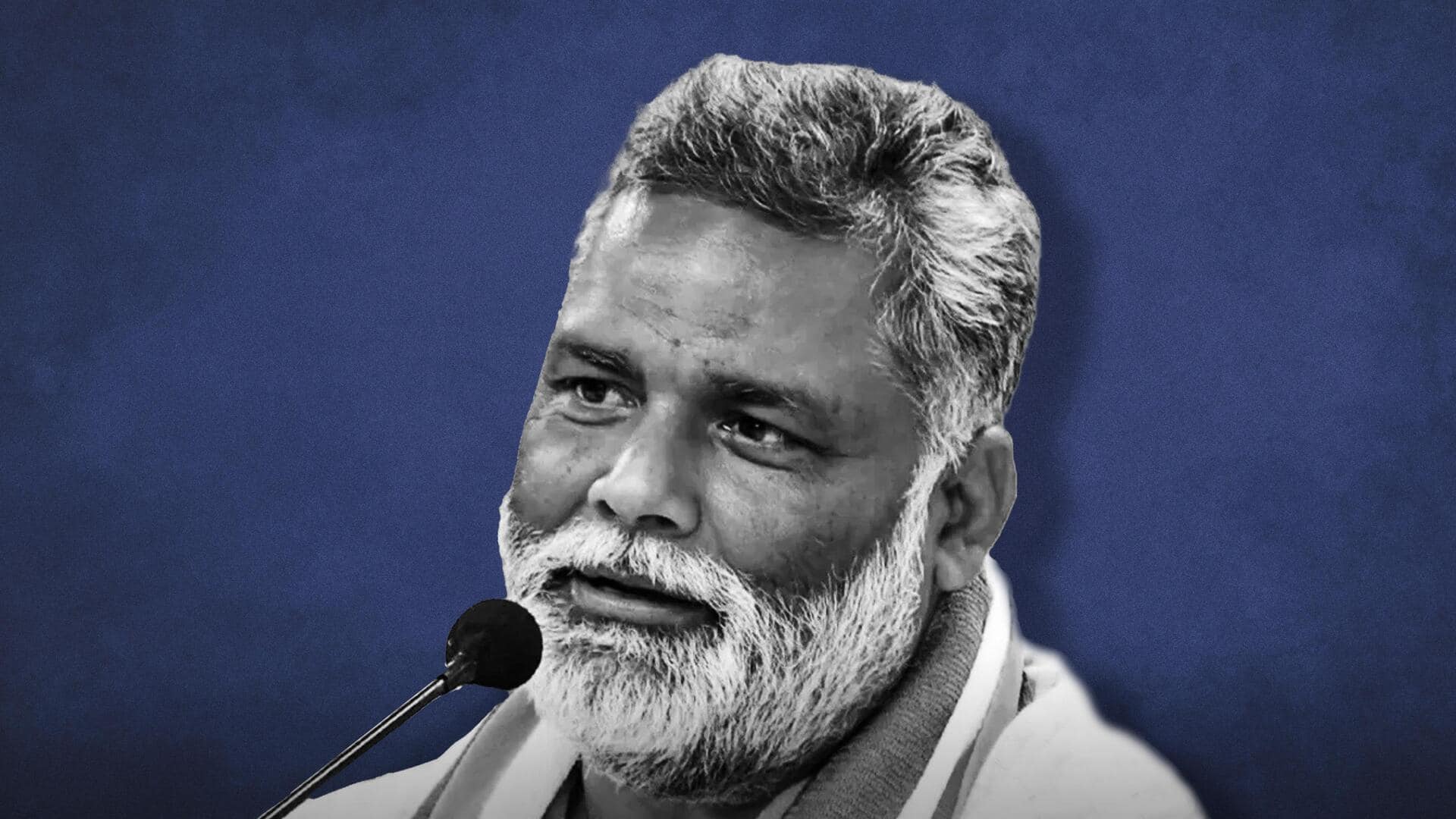Congress's Pappu Yadav files nomination from Purnea as independent candidate
What's the story
Former MP and Congress leader Rajesh Ranjan, also known as Pappu Yadav, has submitted his nomination for the Purnea Lok Sabha seat in Bihar as an independent candidate.
This move comes after Yadav was denied a ticket by the Congress.
Yadav filed his nomination, despite Bima Bharti of the Rashtriya Janata Dal (RJD) filing her nomination papers.
As per the seat-sharing arrangement for Bihar, the RJD, the Congress's ally in the state, will contest Purnea.
Context
Why does this story matter?
The seat-sharing talks between the Congress and RJD in Bihar were stalled mostly over the Purnea seat.
Yadav, who recently merged his Jan Adhikar Party (JAP) with Congress, is adamant about running from Purnea, while the RJD intends to filed former minister Bharti .
Amid the disagreement, Bihar Congress chief Akhilesh Prasad Singh said the seat-sharing deal has been finalized.
"If any Congress leader files nomination outside of their nine seats, the party will not support the candidate," he said.
Vision statement
Yadav's vision for Purnea and his political allegiance
Upon submitting his nomination, Yadav declared, "I embody Purnea and vice versa."
He emphasized his commitment to humanity over organization, religion, or caste.
He pledged to fight corruption and promote development in the Seemanchal and Kosi regions.
Despite recent challenges, Yadav asserted that he has earned Bihar's trust and stressed that gaining the nation's trust is more important than winning elections.
Political stance
Yadav's ambition and criticism of political rivals
Yadav also expressed his dedication to the Congress and his ambition to see Rahul Gandhi as prime minister.
He criticized leaders who engage in the politics of hatred, indirectly referring to RJD leader Tejashwi Yadav.
He and his son, Sarthak, joined the Congress two weeks ago. They had also merged their party, JAP, which was established in 2015, with the Congress.
Notably, Yadav had won the Purnea seat three times in the 1990s.
